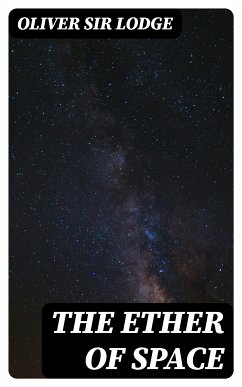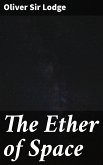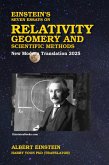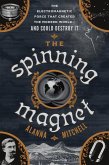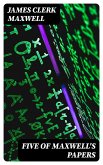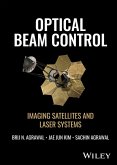In "The Ether of Space," Oliver Sir Lodge embarks on a profound exploration of the concept of ether as a medium of wave propagation, positing its potential role in the understanding of electromagnetic phenomena. Written at the turn of the 20th century, Lodge employs a clear and engaging literary style that blends scientific rigor with philosophical inquiry, challenging the prevailing paradigms of his time. His work serves not only as a scientific treatise but also as a cultural commentary, reflecting the intellectual curiosity and debates surrounding physics and cosmology during an epoch marked by rapid scientific advancements. Sir Oliver Lodge, a prominent physicist and educator, was keenly aware of the evolving landscape of scientific thought. His background in both experimental physics and spiritualism significantly influenced his perspective, leading him to advocate for a holistic understanding of physical reality that accommodates both scientific inquiry and metaphysical consideration. This duality of interest enriches his writing, allowing readers to grasp complex scientific theories while contemplating their broader implications. I highly recommend "The Ether of Space" to scholars, students, and enthusiasts of science and philosophy alike. Lodge's illuminating discourse invites readers to engage critically with foundational ideas in physics, fostering a deeper appreciation for the interconnectedness of the universe. This book is essential for anyone seeking to understand the historical context of modern physics and the intellectual fervor of its proponents.
Dieser Download kann aus rechtlichen Gründen nur mit Rechnungsadresse in A, B, BG, CY, CZ, D, DK, EW, FIN, F, GR, H, IRL, I, LT, L, LR, M, NL, PL, P, R, S, SLO, SK ausgeliefert werden.

